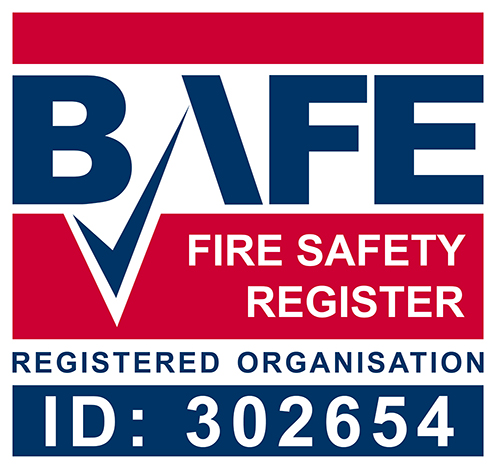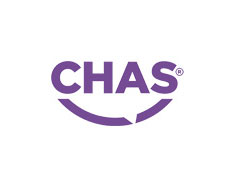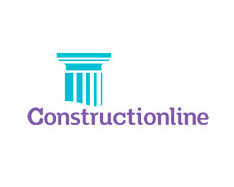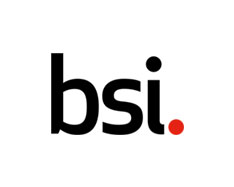In this blog, we’ll be taking a look at all things CCTV, from its origins and historical developments, to the technical aspects of how it operates, as well as its wide range of applications today. We explore the key components that make up a CCTV system, such as the cameras, monitors, and recording devices. We’ll also touch on the ethical and legal considerations surrounding the use of CCTV, as privacy becomes an increasingly important issue in our digitally connected world. Whether you’re a business owner considering a CCTV setup for your premises, a security professional, or simply an individual curious about the technology that plays a key role in maintaining safety and security, this blog post is for you.
What is CCTV?
CCTV stands for closed circuit television and has also been known as video surveillance technology. The footage recorded on CCTV cameras is stored on a hard drive, SD card or any other type of portable storage device. However, as technology has advanced throughout the years, owners of CCTV can now access the footage through their phones, in real time.
Not only does this allow property owners to constantly monitor their property, but it ensures a quick response time in the event of a break in robbery. CCTV security cameras are now common practice for almost all types of establishments, from businesses and residential properties to public spaces like parks, city streets, and transport systems. They’re an essential in crime prevention, as they’re an excellent deterrent and can help to identify criminals.
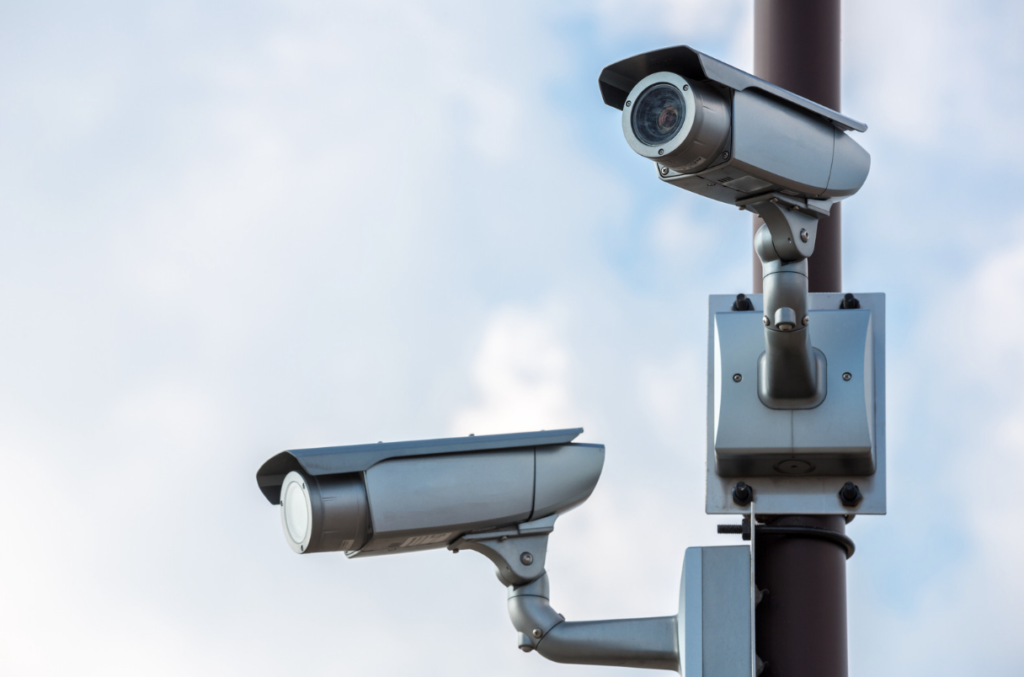
Who Invented CCTV?
CCTV was invented by Walter Bruch in 1942, as a way to observe the launch of V2 rockets, but was then later used by American scientists during the testing of the atomic bomb.
After the initial success of CCTV cameras, they gained popularity and became a commercial product in 1949. However, it is important to note that they were unable to record footage at the time, having to be constantly monitored by people.
In 1962, Marie Van Brittan Brown created CCTV technology that could record footage and was the first person to ever install CCTV cameras in her house. This was as a result of the high crime rates in her neighbourhood and slow police response.
By the 1980s and 1990s, closed circuit television technology had become significantly more advanced and was used by many people. The use of multiplexing allowed for several cameras to be connected to a single monitor and for footage to be recorded simultaneously from all cameras. Not only did this make CCTV systems more cost-effective and efficient, but it lead to them being used in a wide variety of settings, from shops and banks to public transportation systems and city streets.
Today, CCTV systems have evolved to include digital and network video recorders, high-definition cameras, cloud storage options, and features like motion detection and night vision. They’ve become an integral part of security systems worldwide, thanks to pioneers like Walter Bruch and Marie Van Brittan Brown who paved the way for their development.
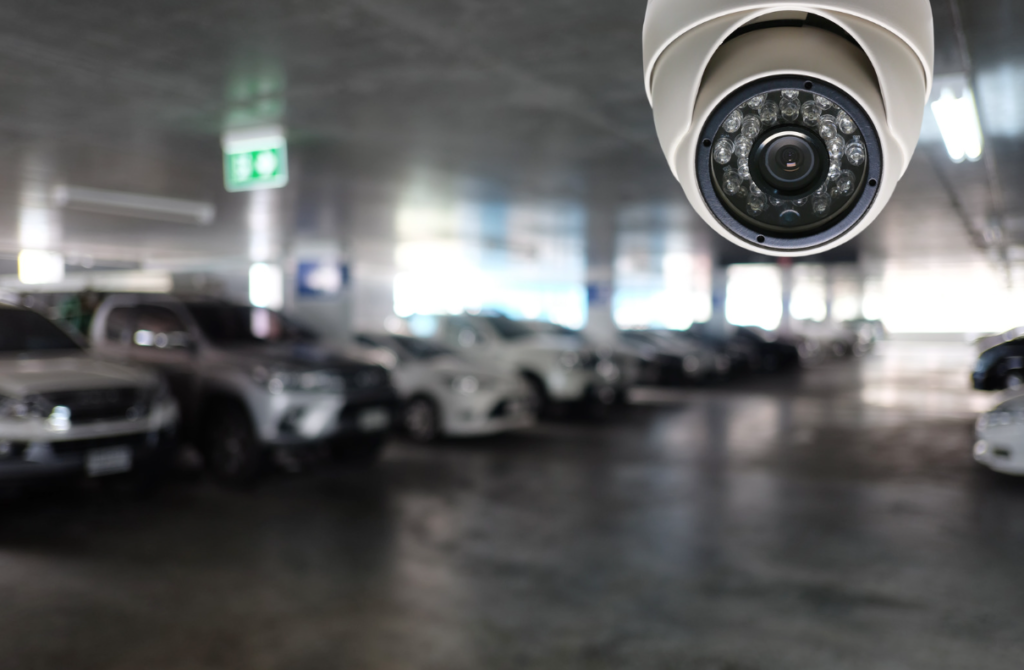
What is CCTV Used For?
As mentioned, closed circuit television technology is used in a wide variety of settings. Let’s take a look at these in more detail:
Crime Prevention and Security
As you may be familiar with, a CCTV camera is usually used for crime prevention and security purposes. Commonly found in homes, businesses, and public spaces to deter criminal activity, the presence of cameras can discourage potential criminals. In addition, the captured footage can be used as evidence in case a crime does occur.
Traffic Monitoring
CCTV surveillance can also help to identify traffic jams, accidents, and other incidents that could disrupt the smooth flow of traffic. These digital video cameras have also been known to recognise traffic laws automatically, capturing images of vehicles running red lights or speeding.
Building and Grounds Monitoring
Similarly to crime prevention and security, digital video recorders can be used for maintenance and operational purposes. For instance, they can be used to ensure that the landscaping is maintained, to spot issues like leaks or damage early, or to monitor the movement and behaviour of wildlife in the area.
Retail Operations
Have you noticed cameras in shops? An interesting fact is that CCTV cameras are used not just for security purposes, but also to understand customer behaviour. The video analytics can provide insights into shopping patterns, help manage queues, and identify areas of the store that attract more customer attention.
Public Safety
Monitoring public squares, parks, parking lots, and other areas where safety might be a concern is also a great use of a digital video recorder, as they play a vital role in crowd control during public events and gatherings.
How Much Does CCTV Cost?
As a general rule, CCTV costs will vary between providers and it depends on the type of security camera you’re after. The cheapest security cameras are £30+ on Amazon, however these IP cameras often lack the quality and function of a full CCTV system.
If you’re looking to install CCTV in your home or business premises, get in touch with us at Clear Sound Security today! We’re experienced providers of remote monitored CCTV, as well as conventional, and we’ll be more than happy to answer any questions you may have.
For more information, please get in touch with us today or call us on 024 7666 8366.
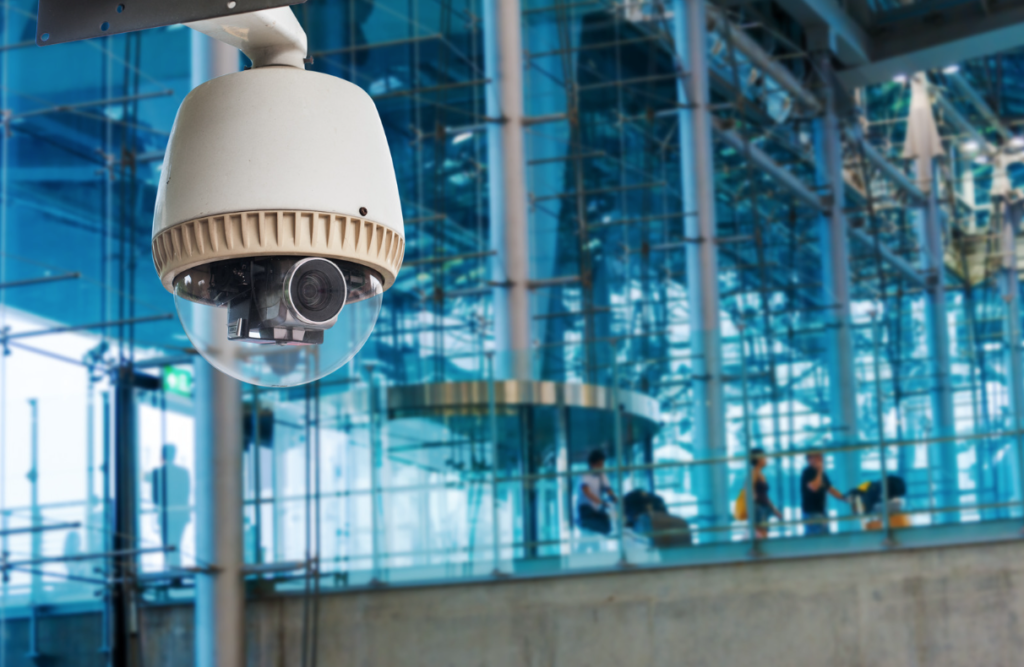
How to Install CCTV Cameras
When it comes to installing CCTV cameras, here are the top steps you should take:
Choose the Right Camera and Equipment
Determine what type of camera system you need. There are wired and wireless models, cameras with motion sensors, night vision, etc. Ensure your chosen model suits your specific needs.
Determine Camera Placement
Next, you’ll need to decide where you’ll place the camera. Make sure it’s a location that covers the area you want to monitor and is also near a power source if you’re using a wired model. Outdoor cameras should be high enough to prevent tampering and theft.
Set Up the Camera Mount
Use the template provided with your camera (if one was included) to mark where you will need to drill holes. Afterward, drill the holes and insert wall plugs if necessary, then attach the camera mount to the wall. Ensure it is firmly attached before proceeding.
It is important to note that we’d recommend hiring a professional for this bit, as it can be complex.
Install the Camera
Once the mount is secure, you can attach the camera to it. Follow the manufacturer’s instructions for this, as it can vary from camera to camera.
We hope that this blog has helped to give you some insight into the world of CCTV. From its historical origins to its modern-day applications, CCTV technology has significantly evolved and become an essential tool in maintaining safety and security. Whether it’s deterring criminals, monitoring traffic, ensuring proper maintenance, optimising retail operations, or enhancing public safety, CCTV plays a crucial role in various settings. As advancements continue, we must navigate the ethical and legal considerations surrounding privacy. By understanding the capabilities and benefits of CCTV, we can appreciate its significance in our digitally connected world.
Related article: UK CCTV Rules & Regulations | What Is NVR CCTV?
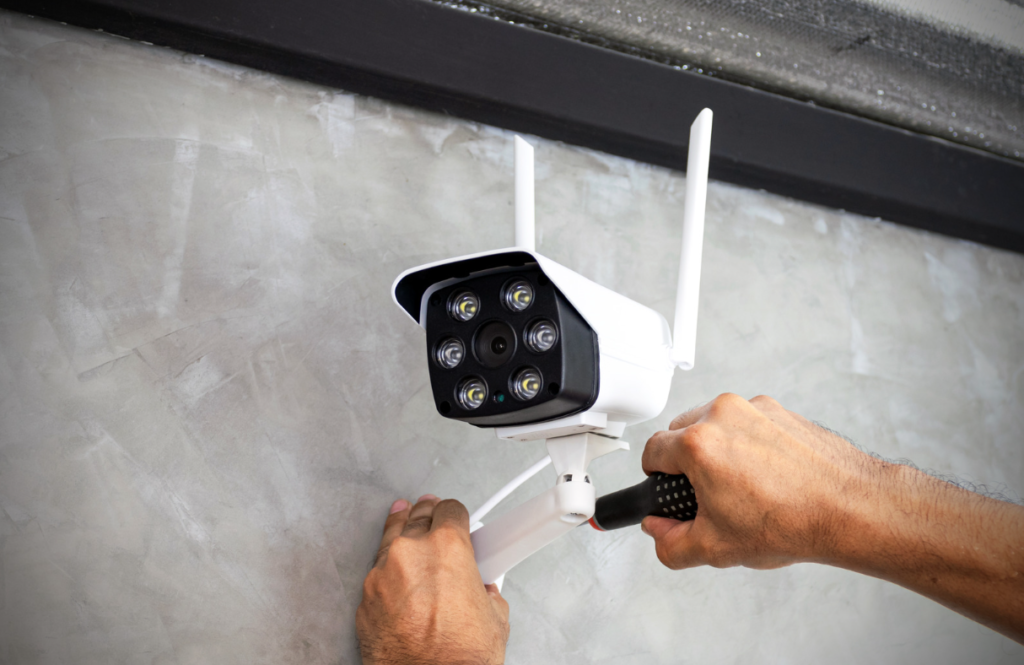
CCTV FAQs:
We’ve answered some of the most frequently asked questions about CCTV below:
Why it is called as CCTV?
CCTV stands for “closed circuit television.” The term “closed circuit” refers to a system where the video signals captured by the cameras are transmitted and viewed within a limited, private network. The term “television” refers to the visual monitoring and display of these signals on screens or monitors.
Is CCTV a British term?
Yes, CCTV is often associated with British terminology and usage. The term “CCTV” gained popularity and widespread usage in the United Kingdom, where the technology was extensively adopted for security and surveillance purposes. However, CCTV is now a globally recognised term and is used worldwide to refer to video surveillance systems.


